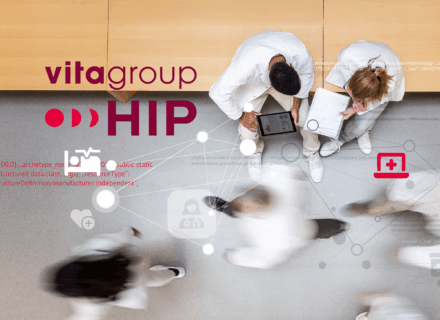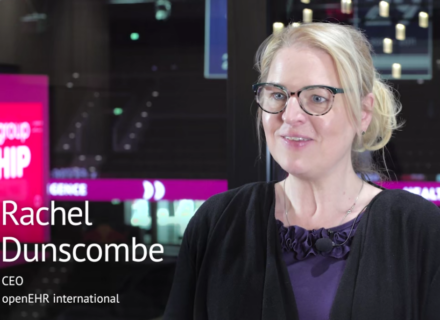How open platforms help research
Fragmented, non-standardised healthcare data slows research, drives up costs, and limits collaboration across institutions. Open platforms bring structure and interoperability, making it possible to harness data at scale for faster, more impactful medical breakthroughs.

Every meaningful advance in healthcare research builds on the foundations of shared knowledge and data. Yet data fragmentation remains a persistent challenge: in Europe, between €3-5 billion is wasted annually in research due to data silos and lack of interoperability between health systems, according to the European Research Area (ERA).
When data doesn’t align
To understand the root cause of these challenges, let’s look at how non-interoperable data impacts research in practice. Take diabetes-related data as an example. Blood glucose measurements, one of the parameters for diabetes studies, are often stored inconsistently across healthcare providers:
- Hospital A uses different names for blood glucose across departments – like BloodSugar or BG_Level – without a consistent code or format, making it hard to combine the data automatically.
- Hospital B uses equiring manual conversion.
- Hospital C employs coded data but uses internal, non-standard identifiers such as, for example, BG_001, which are not aligned with international standards.
Read the full article
Register now to unlock the complete content. Registration is quick, easy. After registering, you will be redirected to your article.



